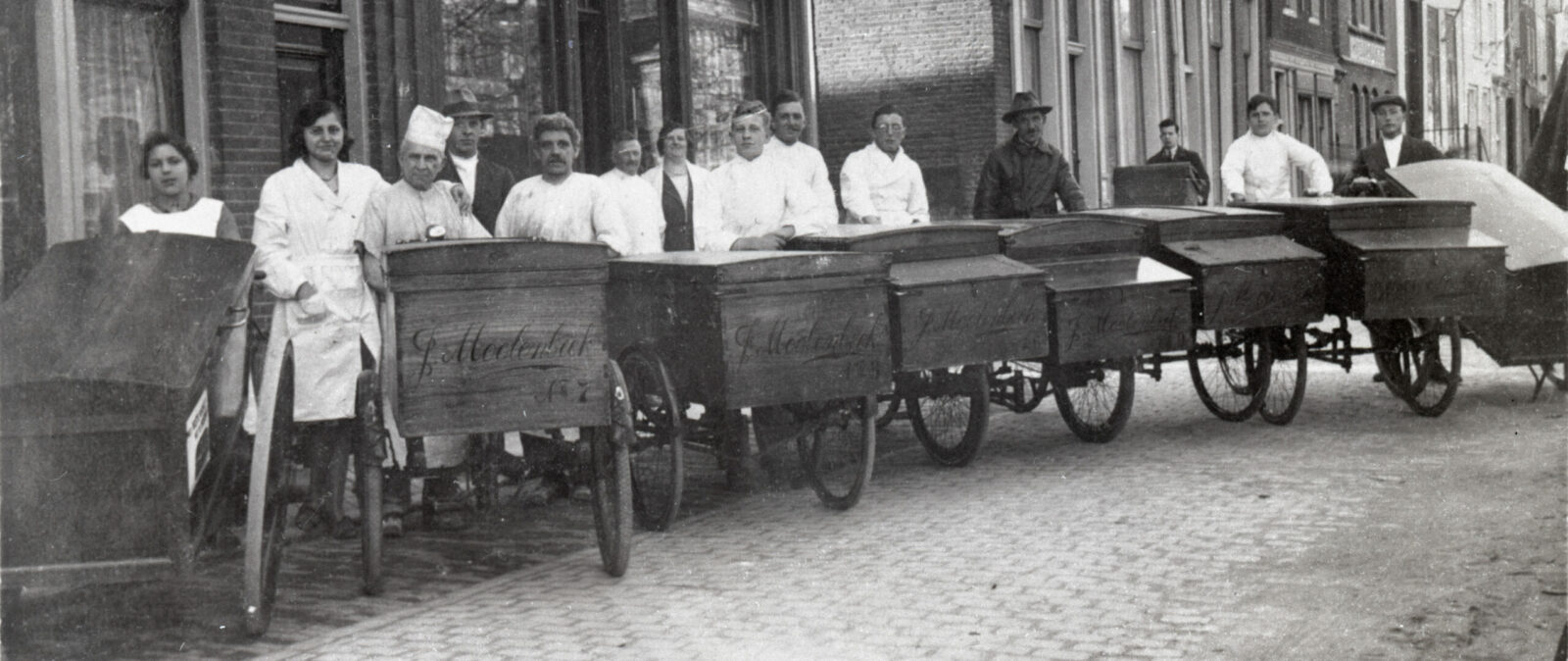MA Course ‘Quantitative Methods for Historians and Social Scientists’
< back to overview Research Master courses
Researchers in economic and social history often employ statistical analyses to study patterns in their data. When combined with historical insights, these quantitative methods allow researchers to consider a wide range of explanations at the same time. To acquaint students with quantitative research, this course offers a thorough introduction of these methods, aimed at research master students interested in economic and social history.
Key info
Coordinator – Dr Vigyan Ratnoo (Utrecht University)
Period – April – June
Credits – 5 EC (in case the student’s institution requires other EC credits, assignments may be adapted by the coordinators to adequately reflect and match the credits granted)
Language – English
Location – Utrecht University
Days and Times – will be announced before the start of the course
Min. number of participants – 5
Description
Researchers in economic and social history often employ statistical analyses to study patterns in their data. To acquaint students with quantitative research, this course offers a thorough introduction to statistics, aimed at research master students interested in economic and social history. It focuses first on getting the basics rights; what is the aim of statistics, what types of variables are there, what are the main uses and pitfalls? Then, working with one or two variables, it discusses how quantitative data can be used to describe and explore historical patterns, and to test theories about these patterns. Of course, the questions historians address often require the study of several variables or a detailed analysis of chronology. Regression analysis is an invaluable tool to use quantitative data for such questions. Accordingly, the final weeks of the course introduce students to regression analysis, allowing students to engage with quantitative literature in the field and providing a foundation for further in-depth study of regression analysis.
Learning Objectives
The aim of this course is to provide research-oriented history students with a thorough introduction into statistics and quantitative research. As such, the course provides essential background to students working with quantitative historical data and allows students to engage with statistical results presented in the literature.
To do so, the course concentrates on three objectives:
- Critical evaluation of quantitative data
- Do’s and don’ts of graphical representation and statistical hypothesis testing
- Exploring regression analysis: why it is used, and how it should be evaluated
In addition, the course emphasises transparent management of data using the statistical software-package R (course-access will be provided).
Structure
The course takes a hands-on-approach: the weekly meetings will be part lecture, part tutorial, and part self-study hours. The lectures will deal with the course literature and the topics treated per week. Furthermore, the lectures will be used to emphasise the connections between the material treated over the weeks. Students are required to prepare the literature in advance to facilitate active participation during the lectures. The lectures will be supplemented by a tutorial on active practice in R. The self-study hours can be used to work on the assignments.
How to apply
You can apply via the Application Form. Please note that the registration deadline for this course is on 15 March of each year.
Questions and info
If you want more information on (one of) the courses, or if you have questions regarding the application procedure, please contact the Office Manager of the Posthumus Institute/.


